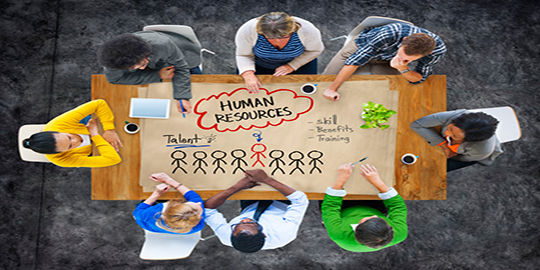
“The Challenge of Learning”
All business leaders are convinced that an organization can only remain competitive by developing the ability to learn more and more, therefore guaranteeing sustained, continuous improvement. And yet even companies that have managed to carve out an enviable position in the field of learning find it difficult to hold on to this status for any length of time.
Why is it so difficult to consolidate the reputation of a "company dedicated to learning"? Why are organizations unable to sustain practices that reinforce their learning culture?
In their decade-long study of a wide range of companies in different sectors, Drs. Francesco Gino and Bradley Staats from the universities of Harvard and North Carolina in the United States, respectively, discovered that the answers to these questions lay in "deeply embedded biases" within organizations. Specifically, they found that employees' behavior, customs and even styles led to ingrained patterns that were difficult to change.
Many will say that you learn by making mistakes, but according to the aforementioned study it is business leaders' obsession with success that interferes with their learning. An excessive focus on this goal impedes learning as it raises four challenges:
The first challenge is related to the fear of failure. Failure triggers a torrent of painful emotions, such as anger, revenge, anxiety and even depression. This situation conditions executives to avoid making mistakes, the direct impact of which is a reluctance to take risks by learning new skills precisely out of a fear of getting things wrong.
The second challenge is related to what psychologists call a "fixed mindset versus a growth mindset". This differentiates between people obsessed with doing things well in the belief that they are intelligent and talented, which limits their capacity to learn, and people who believe that it doesn't matter how successful they are, they can always learn more.
The third challenge that limits learning is an over-reliance on past performance, for example when hiring staff. Placing too much emphasis on a candidate's achievements, instead of considering their potential in terms of their ability and predisposition to learning and future development, will have a negative impact on the company.
The fourth challenge is connected with a contradiction in the way human beings think. When we get things right, we attribute it to hard work, brilliance and extraordinary skill, whereas we attribute failure to external factors or bad luck. This bias limits learning. Until individuals truly understand that the failure of this or that action was the result of the mistakes they made, they will struggle to learn from them.
These four biases have a negative impact on the ability to learn and the creation of an appropriate culture, and every organization needs to combat them if they want to compete in a changing world in which the real asset is knowledge. Without that, the chances of success will be minimal.
Add new comment